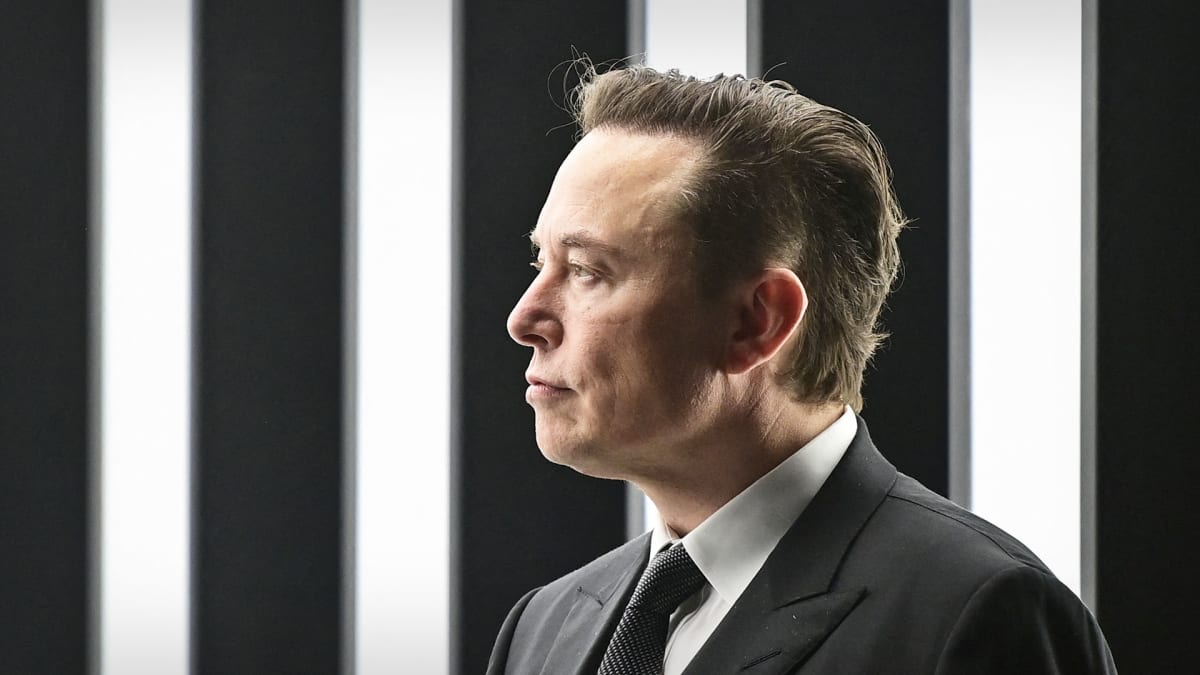
This is the debate that agitates Washington and worries Wall Street and the entire business community.
Will the United States default on its debt due to political differences and posturing between the White House and the Republican House Speaker Kevin McCarthy?
The projected date for the default came closer last Tuesday. The income tax revenues seem to be worse than expected. According to Goldman Sachs analysts, the fateful day would be in early June rather than in early August.
For the time being, Democrats and Republicans, who hold the key to avoiding this catastrophic scenario for the American and global economy, continue to blame each other for the current situation and the lack of flexibility.
McCarthy outlined the Republican plan to avoid a U.S. default on the New York Stock Exchange on Monday, Apr. 17. His goal is to achieve a one-year reprieve. This requires raising the debt ceiling. The Grand Old Party (GOP), his party, will only vote for it if the bill obtains budget cuts and measures such as the obligation to work to receive solidarity allowances, he said.
Raising the Debt Ceiling ...
Two days later, he presented his 320-page bill before the lawmakers. He said he wanted to have it voted on from next week. He wants to raise the debt ceiling by $1.5 trillion. The current debt of the United States reached $31,400 billion in January, the ceiling beyond which the country can no longer issue new securities to finance itself.
Temporary emergency measures have been taken to continue to pay the debt, but without an agreement in Congress to raise this ceiling, the United States will find itself in default, unable to meet its financial commitments, perhaps as quickly as this summer. This would send American and global finance into the unknown. Federal Reserve Chair Jerome Powell stressed in early March that raising the debt ceiling was the only timely way out that allows the country to pay its bills.
McCarthy wants to lower expenditures by $131 billion in 2024, returning to the level of 2022, or $1.47 trillion. He wants to limit the growth of federal government spending to 1% per year for the next ten years. He didn't provide much more detail but said that health insurance programs for people over 65 and pensions would not be affected.
The right-wing fringe of the Republicans has managed to score two major wins: the plan is reconsidering the increase of the budget of the Internal Revenue Service (IRS), intended to better fight against tax evasion, and above all, and the new tax credits for clean industries, passed via the Inflation Reduction Act (IRA) last summer.
McCarthy argued that the cost of these tax credits could climb up to $1.2 trillion, according to Goldman Sachs.
Unsurprisingly, the McCarthy plan was criticized by the White House and Democrats. President Joe Biden criticized McCarthy for the vagueness of his proposals, knowing that the Republican leader must jump through hoops to reconcile moderates and radicals in his party. “Offer a plan, not speeches," quipped Biden, who plans to run again in the 2024 presidential election.
"Speaker McCarthy sided with the extreme MAGA wing of his conference and released a blueprint to devastate hard-working American families," Press Secretary Karine Jean-Pierre said about McCarthy's proposal. "MAGA House Republicans are holding the American economy hostage in order to take a hatchet to programs Americans rely on every day to make ends meet."
'A Matter of When'
She argued that: "House Republicans must avoid default and stop playing economic brinkmanship with the American people’s livelihoods and retirements. The American people have made clear which economic vision they support."
The White House continued to hammer its criticisms of McCarthy on social media.
"Defaulting on America’s debt. Making you pay the price. That’s the only House Republican plan on the table," the Biden administration said on the Twitter White House account on Apr. 18.
These criticisms have not escaped Elon Musk, the serial entrepreneur and CEO of electric vehicle manufacturer Tesla. The billionaire, who has become the most influential boss in the world, took advantage of the tweet from the White House to send a very worrying message.
According to him, it is inevitable that the United States will default on its debt. The question is when this is going to happen. The billionaire, who has become an icon of the conservatives for a few months now, seems to think that Democrats and Republicans are not going to play along and thus rules out any agreement at the last minute.
"Given Federal expenditures, it is a matter of when, not if, we default," Musk said, without further details.
A default by Washington is a scenario feared by investors and global markets, because it would add to an already alarming economic landscape: inflation remains at levels not seen in 40 years, making consumers increasingly cautious. If consumption weakens, economic activity would suffer enormously.
Raising the debt ceiling is a priori a technical measure, but one that requires the agreement of Congress, which generally does so without major debate. Since 1960, the U.S. debt ceiling has been raised 78 times, according to the U.S. Treasury Department.







